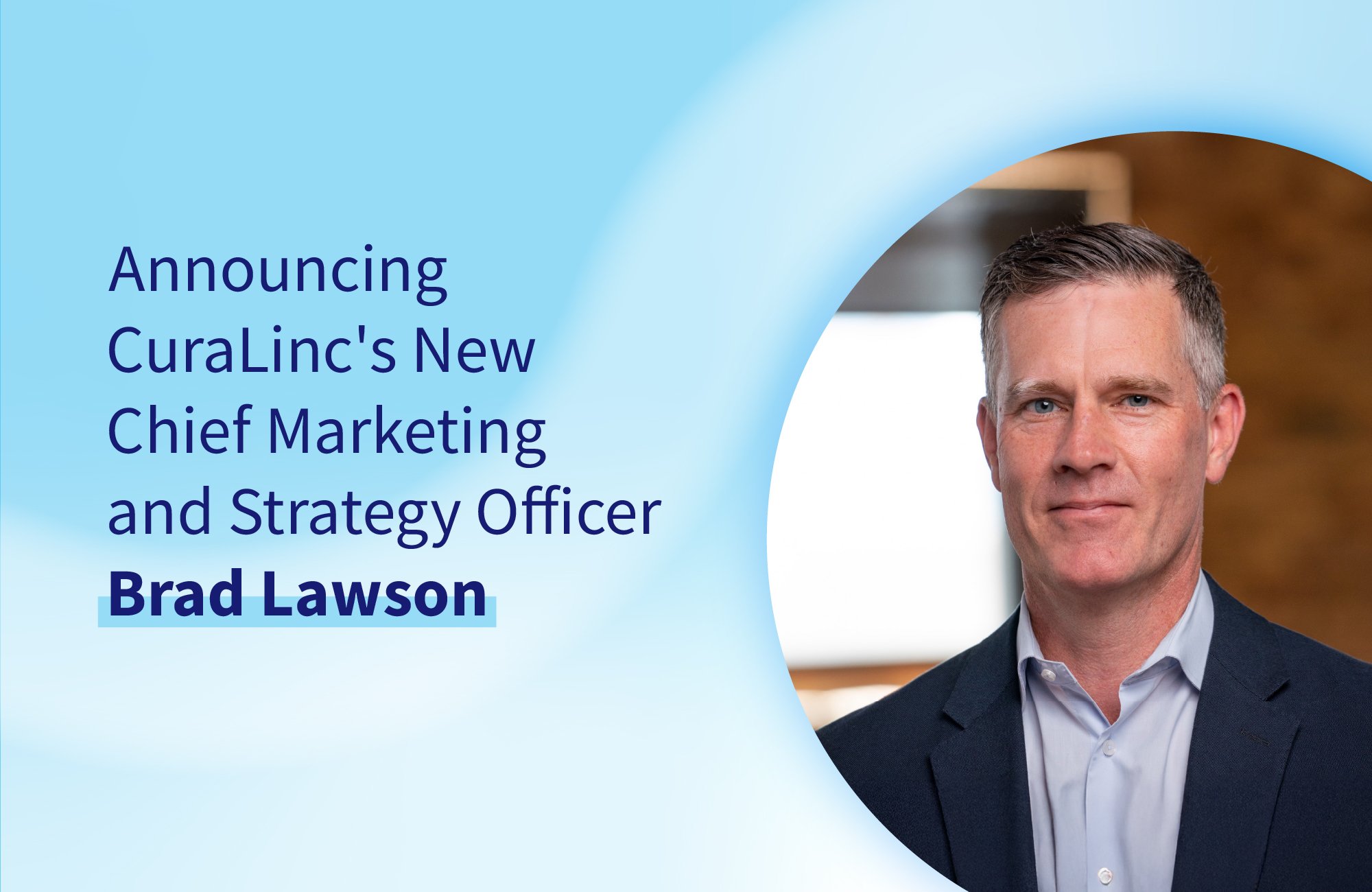Imagine waking up one morning, struggling to get out of bed, and considering leaving behind a career you once loved. Not that long ago, this was a reality for Khyla, an employee at a regional health system and a CuraLinc member. And she’s not alone.
An estimated 1 million workers are absent every day due to stress, and work-related stress, specifically, costs the United States $190 billion annually.
We sat down with Khyla to learn more about her story and how having convenient access to care made a positive difference—not just at work but also at home.
A single phone call can make all the difference
“I woke up one morning and I was mentally struggling with a situation that happened in the office,” says Khyla. “It was one of those things where I felt very conflicted, and I just couldn’t get out of bed. I even thought about completely changing careers.”
Fortunately, Khyla was already familiar with employee assistance programs when she experienced these feelings, so she didn’t hesitate to call CuraLinc for support that morning.
“I already have a therapist I speak with, but this situation was a Monday morning at 6:30 a.m., and I just needed someone external from the situation to talk to in the moment,” she explains. “I called in and was connected to a therapist at that time.”
Why in-the-moment support matters
For Khyla, that early morning call wasn’t about starting therapy—it was about needing support right then and there. Single-session interventions are often brief, focused conversations that meet someone exactly where they are in the moment, offering meaningful guidance without the need to wait for an appointment.
In Khyla’s case, that one conversation was enough to reframe her situation, validate her feelings, and help her move forward with more clarity. “She really gave me a safe place to talk through my concerns,” Khyla said. “It was great.”
CuraLinc Care Advocate Micaela Belew explains that when people don’t have access to the support they need, when they need it, it can contribute to more distress.
“The in-the-moment support that we provide participants helps foster a sense of connection, even though it's through the phone,” she says. “Knowing they can reach someone empowers them to make decisions based on what they feel is best for them, and just facilitating that safe space for exploration can help them cope with whatever they’re experiencing in a better way.”
Mental health challenges don’t stop at work
Of course, not every challenge is resolved in a single conversation.
Like anyone, Khyla isn’t just an employee. She is a mother of two, a wife, and a self-proclaimed introvert who enjoys recharging with a good workout. Sometimes her roles and responsibilities at home pose their own challenges.
When Khyla and her husband later sought couples counseling, they were connected with a therapist who helped them work through deeper issues in a way that felt collaborative, objective, and deeply supportive. They had the opportunity to choose a time and format that worked best for them.
“Before I called in about the work situation, my husband and I had already worked with someone for couples therapy,” Khyla says. “That time when I called in, they gave me multiple resources based on the availability my husband and I provided, so we picked the first one that was open and decided to meet with the therapist virtually.”
The power of choice in mental health care
Giving participants the power to choose their therapist or treatment modality is important because it empowers them by giving them more control over whatever challenge they’re facing.
“When participants have a choice in how they receive care, it allows them to take an active role in their healing journey,” says Micaela. “It can also help build trust and rapport. Ultimately, we want to do whatever we can to make the right kind of support more convenient and accessible to them.”
A safe space to be heard
Khyla and her husband were pleasantly surprised by just how well their therapist understood them.
“It was literally to the point where we were looking at her like, ‘Are you sure you don’t know us—that you haven’t met us before?’”
“She was very objective. She allowed us to speak freely and openly, she gave us a safe place to talk. She literally resolved the issues right then and there going through her process.”
That experience highlighted the value of working with someone unbiased—someone who could guide the conversation without any personal history or assumptions.
“Sometimes when we are seeking help, especially when it comes to mental health, using someone who is directly involved or someone that knows you can cloud the true objective reason for speaking with a counselor. I tell my kids it’s like your diary. You can confide in this person the concerns you’re having so you can get guidance to work through them.”
Accessible mental health care, when it matters most
Sometimes, a brief, in-the-moment conversation can help someone see a path forward. Other times, ongoing or scheduled support provides the time and space they need to work through challenges. What matters most is that individuals have access and options.
Khyla’s story is a powerful reminder that the right kind of care doesn’t always come in the form of a weekly session. Sometimes, it’s a conversation at 6:30 a.m. with someone who listens without judgment. Sometimes, it’s having the ability to choose who you talk to and how.
When people feel supported and in control of their care, it changes everything—from their outlook at work to the way they show up at home.
Because mental health care isn’t one-size-fits-all—and the moment someone reaches out might be the most important one of all.




